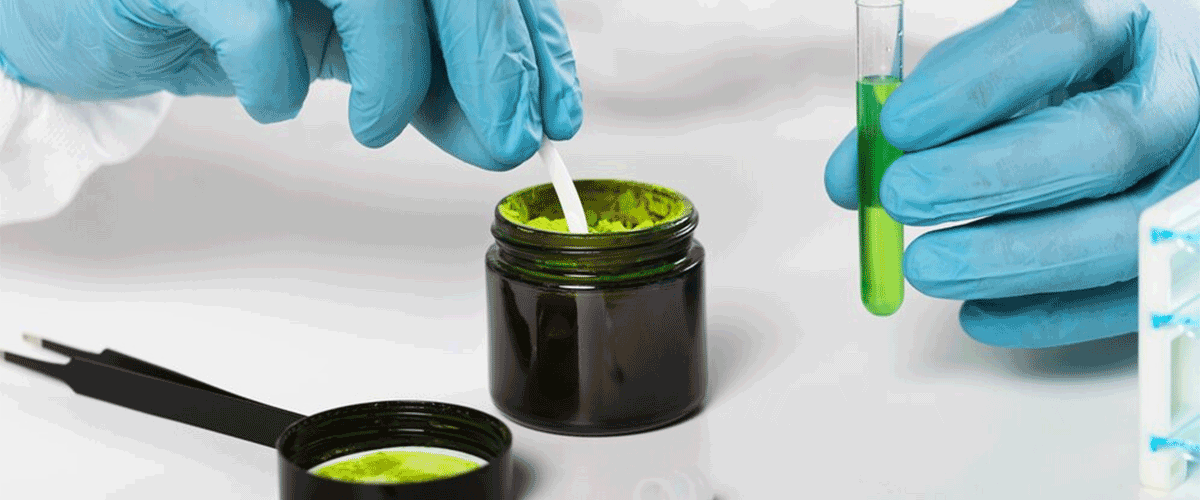(An Autonomous Body Recognized by Ministry of Commerce & Industry, Government of India)
Competency based placement focussed Education | Training | Research | Consultancy

Stanford study highlights glucose's surprising role in cell differentiation
A Stanford Medicine study has revealed that glucose, the primary energy source for cells, also regulates tissue differentiation—guiding stem cells to develop into specialized cells. Unlike its traditional role as an energy source, glucose achieves this by binding to proteins that control gene expression.
The researchers initially sought molecules linked to cellular differentiation and unexpectedly found glucose levels increasing in differentiating skin cells. This trend was confirmed in various tissues, including fat, bone, and blood cells. Further experiments demonstrated that glucose regulates differentiation independently of its metabolic role. Low glucose levels impaired differentiation, affecting over 3,000 genes, but differentiation resumed when glucose analogs were introduced.
The study suggests broader implications for diabetes, impaired wound healing, and cancer, where differentiation failure is a key factor. These findings open a new field of research into glucose’s non-metabolic functions and its potential therapeutic applications.
31-03-2025
📰 Recent News
- High-Fat Diets May Rewire Liver Cells, Raising Cancer Risk
- Time-Restricted Eating Alone Shows No Metabolic Benefit, Study Finds
- Maternal Emulsifier Intake May Alter Offspring Gut Health, Mouse Study Finds
- Broader Obesity Criteria Reveal Hidden Health Risks in US Adults
- YumYum Enters High-Protein Snacking Space with SNACKiT
- Winter Consumption Pushes Egg Prices Sharply Higher
- Human Rights Panel Flags Sale of Substandard Milk and Paneer in Chandigarh
- Ancient Khapli Wheat Finds New Favour Among Urban Health Seekers
- Global Study Reveals the Most Effective Foods for Hangover Recovery
- Eating vitamin C-rich foods can significantly improve skin health

